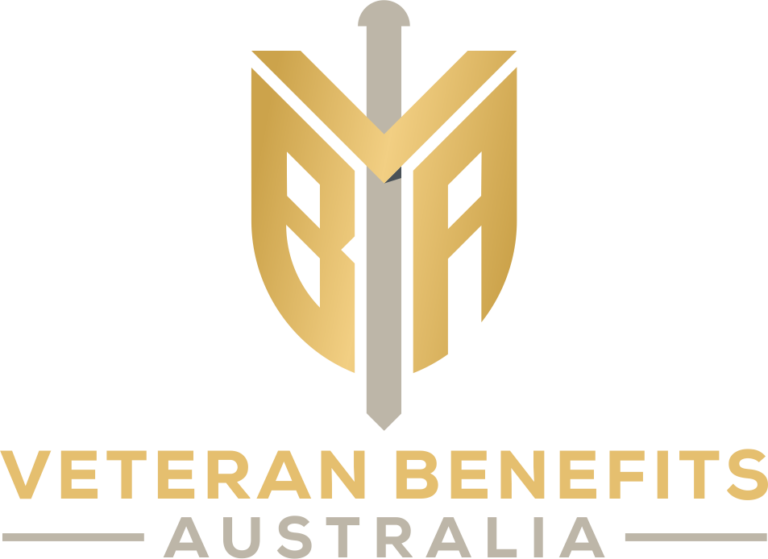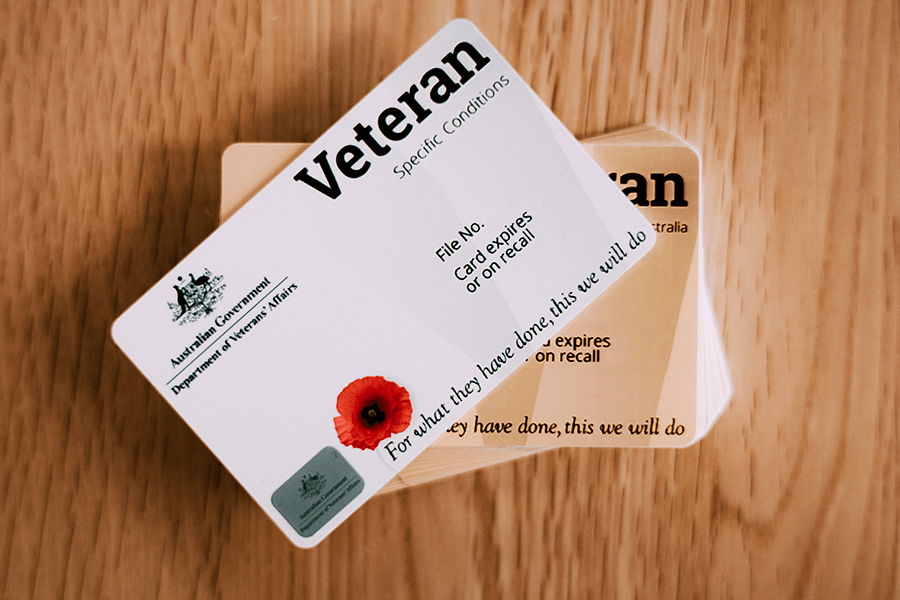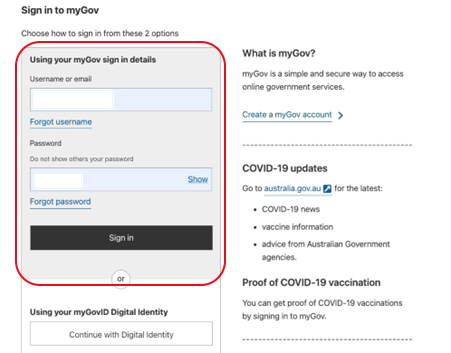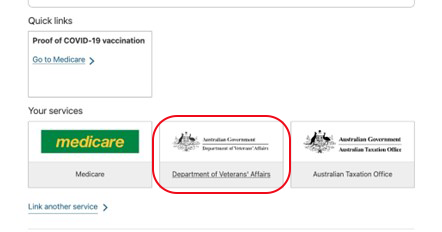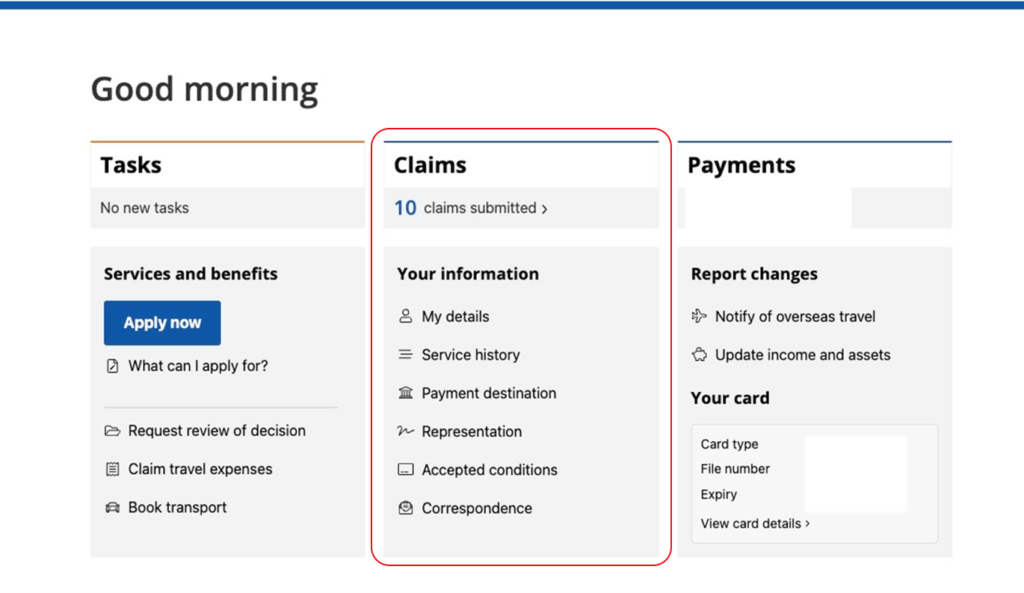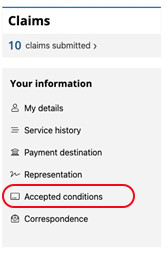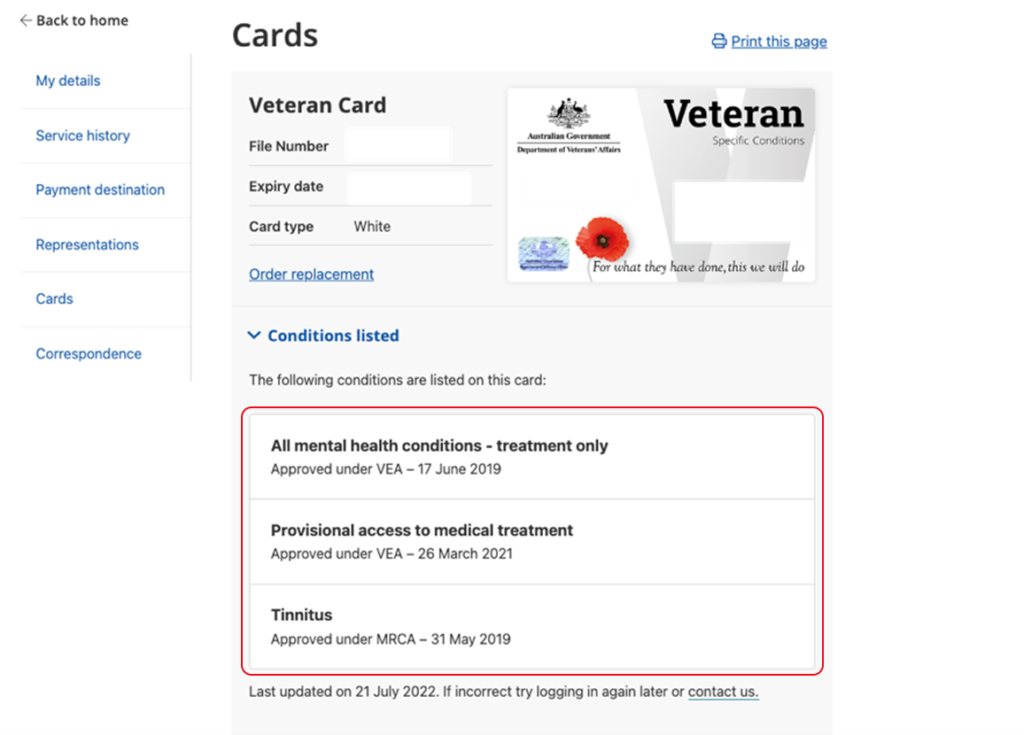Think seeing a dietitian is just about being told to make “healthy, balanced food choices” and being handed a few nutritious meal ideas? Think again.
Dietitians are playing a crucial role in maintaining the well-being of Australian veterans – from helping them thrive socially to helping with the symptoms of post-traumatic stress disorder (PTSD) – and for many, it’s transforming their lives.
So what does a dietitian do, how does it go beyond dietary advice, and how are veterans accessing fully funded dietetic services with their DVA gold or white cards? Here’s what you need to know.
What Does A Dietitian Do For Veterans?
Essentially, a dietitian translates the science behind nutrition and turns it into practical solutions that use nutrition to improve your physical, mental and emotional health. These results can look like anything from improving your sleep or daily energy levels, to helping you better manage stress or illness, to weight loss.
While eating a range of nutritious foods may seem like something we should all be naturally able to do, the reality is that there are many things that can affect your food intake that may be outside of your control, including:
- Swallowing problems
- Decrease in smell and taste
- Unintentional weight loss
- Medications
- Unexplained appetite loss or decrease
- Decrease in muscle strength
- Dental problems
- Feeling lethargic
- Depression
- Dementia
- Illnesses and medical conditions
When we don’t have the right nutrition in our diets, we become at risk of malnutrition. Our bodies rely on the nutrition from our food to allow our body to effectively perform all of its complex functions – from healing wounds to regenerating cells to the hundreds of chemical reactions happening within our organs that keep us healthy and prevent illness. This means that malnutrition can have devastating effects in both the short and long term, severely impacting our health and quality of life. This is where dietitians are instrumental.
Dietitians: Assess, Diagnose and Recommend Food Choices
This is the part of a dietitian’s role that you may already be familiar with, but the way they work is often a surprise for veterans. Instead of giving you a meal plan that combines a range of nutritious foods and setting you free, dietitians start with comprehensive assessments that can include a nutritional analysis, anthropometric assessment, body composition analysis and more. These help to provide a complete picture of you, understanding your food preferences, your medical conditions and medications, your goals, any alterations in the texture of the food you may need (like if you have swallowing difficulties), changes to your taste and smell, your vitamin, mineral and other nutrient levels and deficiencies, and much more – all in the context of your age and activity levels, as dietary needs change with age.
Next, your plan is created – and the benefits to a person’s quality of life can be significant:
- Improving mental outlook
- Feeling mentally and physically better
- Having more energy for daily activities
- Building resistance to illnesses and infections
- Sleeping better at night
- Being able to cope with stress
- Reducing your risk of some health conditions
- Keeping your weight under control
The tools that form your plan can include shopping tours, in-home cooking demonstrations, nutrition coaching and counselling, meal and menu ideas, and much knowledge about what nutrition really is, and what it should look like for you specifically.
Ready to see a dietitian?
Dietitians: Help You Maintain Motivation And Stay On Track
Aside from their assessment, diagnosis, plan and education, dietitians are also trained in motivational exploration and behaviour-change counselling, enabling them to help guide veterans to uncover the reasons why they want to make changes and take up their nutritional advice. This aspect is key, as any plan is far less likely to succeed if a person doesn’t have a complete picture of why they’re doing something, what’s in it for them, and the benefits of sticking to it. Your dietitian helps keep things in perspective – which is often an ongoing process – and may employ other strategies like equipping someone in the household with the knowledge to help support you on a daily basis.
Dietitians: Provide Nutritional Supplements
While it’s often said that we can get all the nutrition we need from the food we eat – for some people, and in some circumstances, this isn’t feasible and a nutritional supplement can be of great value. Often, supplements are needed where medical conditions may interfere with the absorption or intake of certain nutrients – or for other reasons. If your dietitian deems that a supplement is clinically necessary to support your circumstances, they can make recommendations that are sent to both your GP and the Veterans’ Affairs Pharmaceutical Advisory Centre. Once approved, your supplements will be dispensed at your pharmacy.
Dietitians: Prescribe Aids
Like supplements, dietitians can also prescribe aids or appliances, such as those to assist swallowing or feeding, where they are clinically necessary to support a condition. To access your aid, your dietitian fills out a form through DVA and an order is then placed through the Rehabilitation Appliances Program, which is designed to help veterans live safely and independently. An order then needs to be placed upon approval (if needed, your dietitian will guide you on this) and your items will be supplied directly by a DVA-contracted supplier.
Dietitians: Help Veterans Overcome Social Challenges
Dietitians that work extensively with veterans, like the ones that work alongside Veteran Benefits Australia, understand the complex social impact that food has on the daily lives of veterans and their social interactions. When challenges arise, some veterans choose to withdraw and avoid social situations that include a meal. Dietitians step in to provide the right advice, guidance and strategies to help veterans overcome these challenges and enjoy these social interactions.
Dietitians: Reduce The Impact Of Disease On Your Life
When you have diseases or conditions such as heart disease or diabetes (among many more!), they can have a significant impact on the quality of your day-to-day life, and can progressively worsen over time. As part of your plan, your dietitian will include specific evidence-based advice and strategies to help you best manage these conditions and reduce your disease burden.
Dietitians: Help With Mental Health – PTSD, Anxiety, Depression, Stress And More
Research shows that diet can worsen the symptoms of mental health conditions – or it can help to reduce or even prevent them. Dietitians understand this, and consider your current mental state and history of mental health when assessing you and creating your unique nutritional advice. Dietitians also understand the ways that PTSD, anxiety and depression can affect your appetite, which can look like developing erratic eating patterns, a reduced or increased appetite, associating feelings with certain foods that lead to harmful food choices, and more. They also have a thorough knowledge of the foods that may help ease stress, anxiety and depression – leveraging these strategically in your plan.
Get Connected To Dietitians Who Understand Australian Veterans
Many veterans know their current diet isn’t ideal – but may not realise the magnitude of effects that it’s having on their health or bodies – and where to start to get supportive, informative and non-judgemental help from some who understands their unique challenges. This is where Veteran Benefits Australia comes in to connect veterans to not only the services they’re entitled to, but with experienced, excellent practitioners, including dietitians, who understand how to set them up for success.
Alongside dietetics, we also connect Australian veterans to other DVA-funded services they are entitled to, so they don’t miss out by not being familiar with how the system works, or not having all the right information about their entitlements.
To take advantage of our fully-funded services and get connected to the best providers for veterans, simply fill in our contact form.
